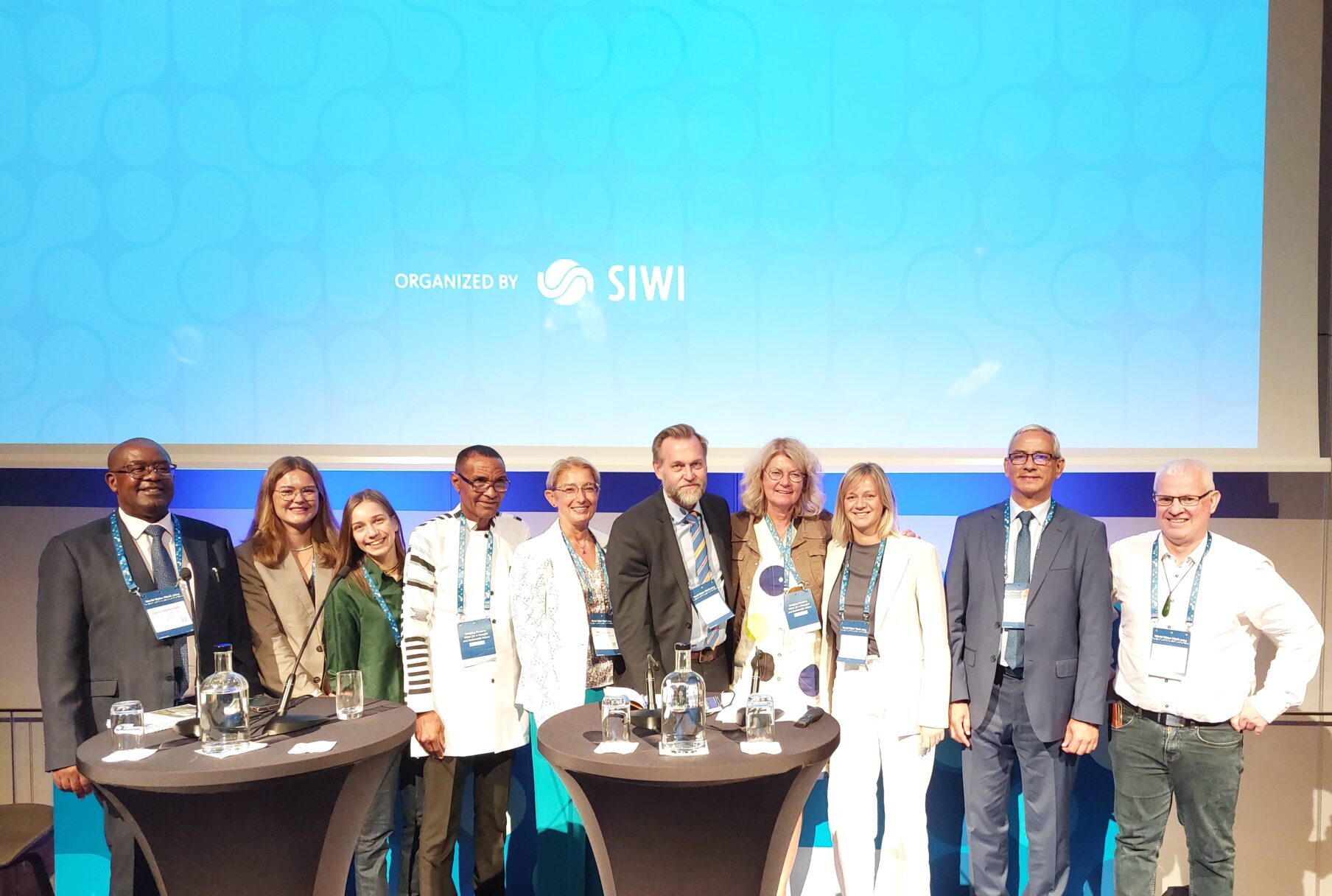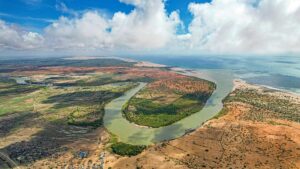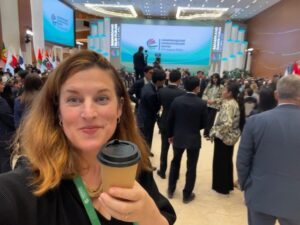PERSPECTIVES

World Water Week remains a vibrant platform for addressing urgent global water issues. The International Centre for Water Cooperation (ICWC) significantly contributed with a focused session on the challenges and solutions in water cooperation.
The session featured insightful presentations on research and knowledge from the International Centre for Water Cooperation (ICWC), each emphasizing the significance of collaborative efforts to tackle complex water challenges across various regions and contexts, and underlining the necessity for ongoing cooperation in water management:
Together, these discussions and research efforts showcased ICWC’s commitment to advancing effective, inclusive and equitable water cooperation worldwide. The session also showcased an impressive panel of speakers:
They brought diverse perspectives on what makes water cooperation effective. Through their experiences and examples from various contexts, the panelists emphasized the critical role of knowledge sharing, cross-sector collaboration and community engagement in fostering successful water cooperation.
Dr. Håkan Tropp, Director of ICWC concluded that the various presentations and panelist interventions made, analysed water cooperation from several multistakeholder perspectives across real or imaginative borders, as well as highlighting different forms of water from surface water, groundwater and water in the atmosphere. In this sense, it is critical to combine a multidisciplinary perspective between the hydrological cycle along with social, economic and political dynamics to explore the full potentials of cooperation as well as identifying the challenges and the gaps.





